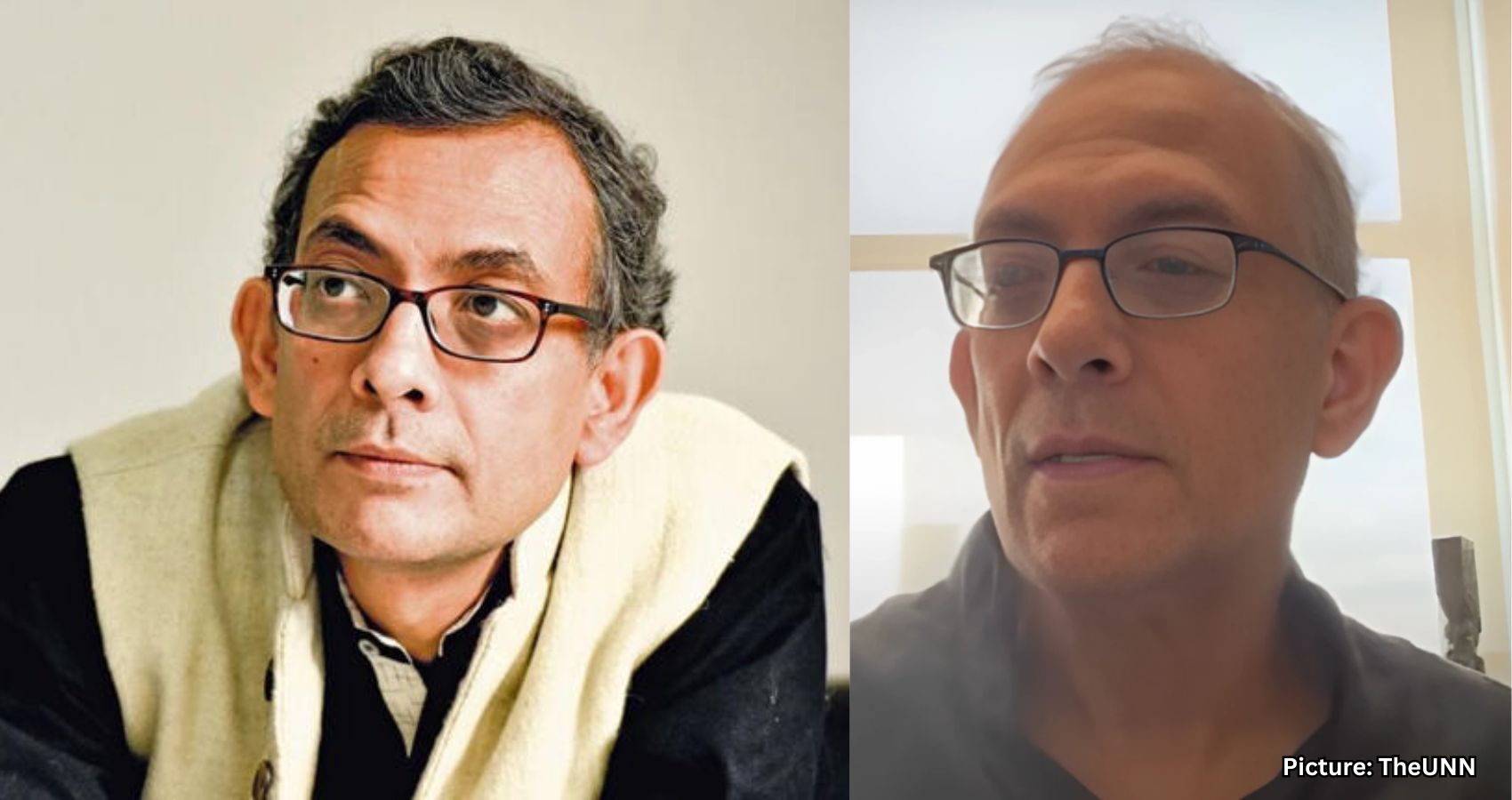Dr. Abhijit Banerjee warns that recent cuts to USAID under the Trump administration could reverse decades of progress in global poverty reduction and development.
The United States Agency for International Development (USAID) has experienced significant funding cuts over the past seven months, a trend that has sparked legal challenges and raised concerns about its global impact. The ramifications of these reductions are already being felt worldwide, according to Dr. Abhijit Banerjee, a Nobel Prize-winning economist.
On September 9, 2025, Dr. Banerjee addressed a briefing organized by the American Community Media in collaboration with the South Asian Literary Association. He discussed the implications of President Trump’s cuts to the global aid system, emphasizing the critical nature of the current moment for international development.
Dr. Banerjee, who received the 2019 Nobel Prize in Economics alongside Dr. Esther Duflo and Dr. Michael Kremer, is known for promoting data-driven approaches to identify and alleviate poverty. He expressed deep concern about the U.S. government’s shift in its contributions to global aid, stating, “We have seen a total repositioning of the US contributions to World Aid, but even more consequentially, the US is insisting that other Western countries also cut back on aid, and instead increase their defense budgets.”
A recent study published in *The Lancet* highlights the significant role USAID has played in global health and development. The United States has been the largest donor of official development assistance (ODA), contributing over $55 billion in 2023, which accounts for approximately 30% of the total ODA from Development Assistance Committee (DAC) countries. However, the U.S. ranks only 25th out of 30 DAC members in terms of ODA relative to national income, allocating just 0.24% of its gross national income. In contrast, countries like Norway and Luxembourg have exceeded the UN’s target of 0.7%, demonstrating a stronger commitment to international development.
Dr. Banerjee noted that USAID-supported initiatives have prevented more than 91 million deaths across all age groups, including 30 million among children. He emphasized the progress made globally in reducing extreme poverty, maternal mortality, and infant mortality, as well as improving children’s education from 2001 to 2019. However, he cautioned that the recent cuts could reverse these gains.
While larger countries like China, India, and Nigeria may be able to absorb the impact of reduced aid, smaller nations, such as Lesotho, could face severe consequences. Dr. Banerjee warned that these cuts, combined with tariffs imposed on ultra-poor countries, could lead to millions of preventable deaths. Forecasting models from the *Lancet* study predict that the current funding reductions could result in more than 14 million additional deaths by 2030, with over 4.5 million of those being children under five.
In response to questions about grassroots solutions to the crisis, Dr. Banerjee urged middle-income countries to take a more active role in global aid. He pointed out that China has already begun to implement targeted aid projects to enhance its influence, and he encouraged India to seize this opportunity to bolster its global standing.
Dr. Banerjee also addressed the narratives often propagated by far-right groups that portray the poor as lazy and undeserving. He argued that these views overlook the systemic issues contributing to poverty, such as capitalistic expansion, land degradation, and climate change. He emphasized that despite criticisms of USAID’s effectiveness, there is no substantial evidence to support claims of widespread corruption.
Looking ahead, Dr. Banerjee called for a rethinking of global aid. He proposed that reallocating just 1% of the wealth of the world’s top 3,000 individuals could generate around $140 billion, which could significantly offset the funding losses. “It isn’t an impossible thing to do, but rather a matter of will,” he stated.
As the world grapples with the consequences of reduced funding for global aid, the call for renewed commitment and innovative solutions has never been more urgent. Dr. Banerjee’s insights underscore the need for a collective effort to address the challenges posed by these cuts and to ensure that progress in poverty reduction and development is not lost.
Source: Original article

